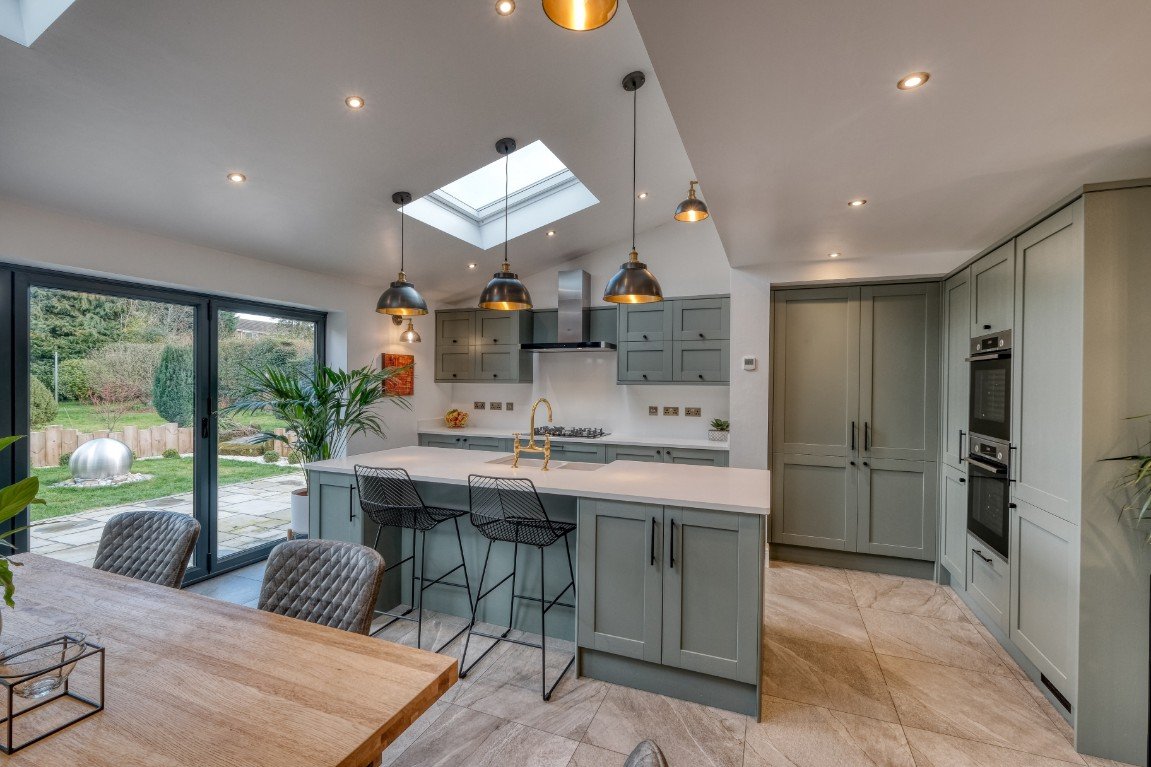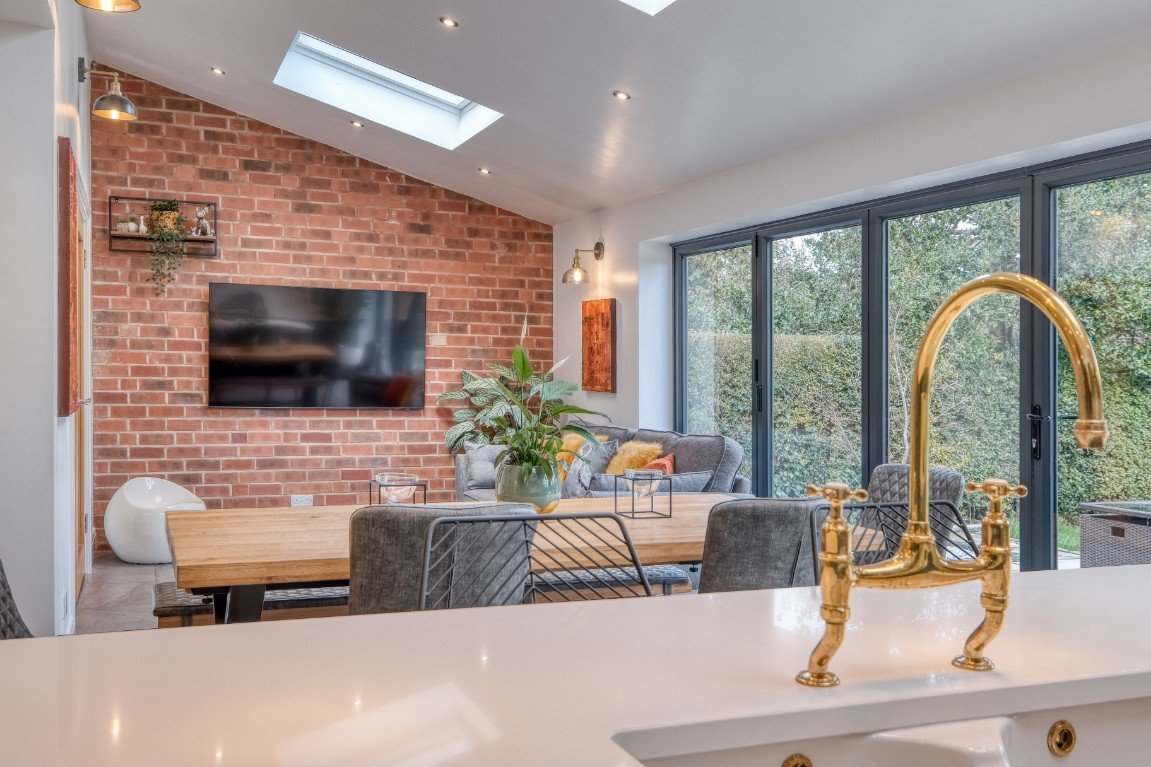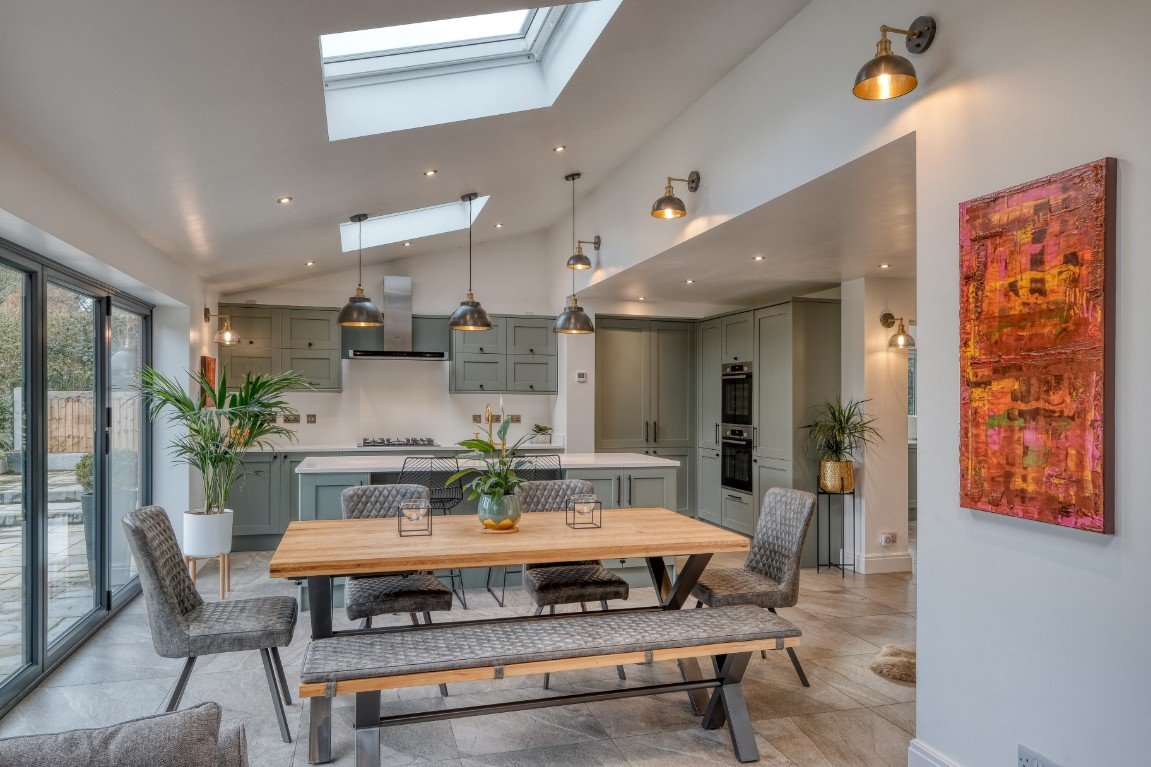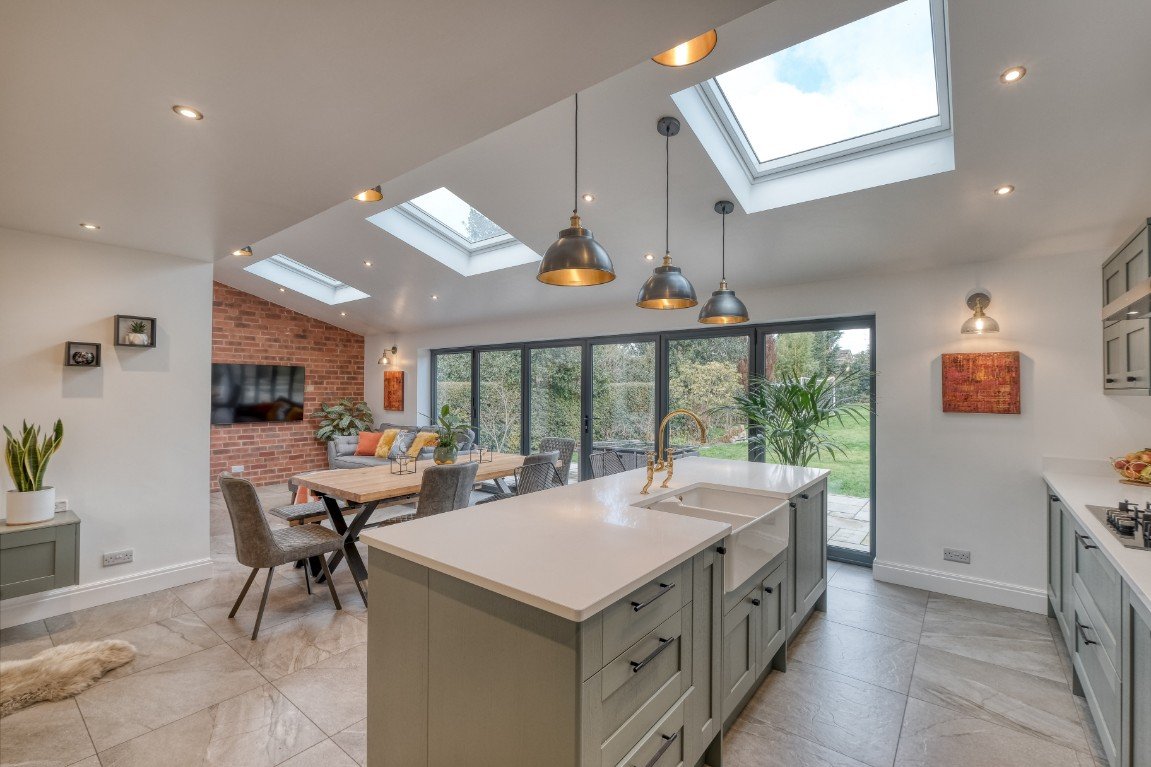Expanding your living space through a home extension can be an exciting prospect, but it also comes with significant financial considerations. In this article, we delve into the various aspects of home extensions, helping you determine whether the investment is worthwhile for your specific situation.
Understanding the Costs
- Types of Extensions and Associated Costs:
- Single-Storey Extensions: Often used to enlarge a kitchen or add a new living area. Costs vary based on materials and complexity.
- Two-Storey Extensions: Adds considerable space, affecting both floors. More expensive but offers better value per square metre.
- Loft Conversions: An efficient way to add space without altering the house’s footprint or losing garden space. Costs depend on structural requirements and desired finishes.
- Conservatories and Sunrooms: Usually less costly but can often offer limited utility in extreme climates.
- Hidden Costs: Always factor in costs like planning permission, architect fees, and potential landscaping changes.

Evaluating Your Needs
- Space Requirements: Consider why you need extra space. Is it for a growing family, a home office, or leisure purposes? Understanding your specific needs will guide your decision.
- Alternative Solutions: Sometimes, reorganising or extending existing rooms can be a more cost-effective solution.
Return on Investment (ROI)
- Increase in Property Value: Generally, extensions increase property value. The extent varies based on the quality of construction, the type of extension, and your local property market.
- Market Considerations: In high-value areas, extensions can significantly boost property value. In lower-value areas, the return might not cover the investment.

Pros and Cons
Pros:
- Personalised Space: Tailored to your specific needs and preferences.
- Avoiding Moving Costs: Moving house is expensive and stressful. Extensions can be a more straightforward solution.
- Potential Rental Income: A well-designed extension could create space for a rental unit.
Cons:
- High Upfront Costs: Extensions require a substantial financial outlay.
- Disruption and Inconvenience: Construction can be disruptive to daily life.
- Overcapitalisation Risk: Investing more in your home than what you can recoup in your local market.

When Is a Home Extension Worth It?
- Long-Term Residency: If you plan to stay in your home for many years, the personal value of the extension can justify the cost.
- High-Value Areas: In regions where property values are high and rising, extensions can offer good financial returns.
- Unique Property Needs: When your property has unique features that make moving impractical, extending can be the best solution.
When Might a Home Extension Not Be Worth It?
- Short-Term Plans: If you plan to sell your property soon, you might not recoup the investment.
- Limited Budget: If the costs stretch your finances too thin, it might not be a wise choice.
- Market Saturation: In areas where the market is saturated with large homes, adding more space might not add proportional value.

Navigating the Process
- Planning and Permissions: Understand the local regulations and obtain the necessary permissions.
- Choosing the Right Contractors: Vet and select reputable builders and architects.
- Budgeting and Financing: Have a clear budget and consider how you will finance the project. If you would like to speak to a professional about remortgaging your property, contact one of our in-house expert mortgage advisors, situated in every Arden branch, who may be able to help with the financial aspects of planning a home extension.
Conclusion
Home extensions can be a worthwhile investment, both personally and financially, but they’re not a one-size-fits-all solution. Carefully consider your needs, the potential ROI, and the impacts on your daily life. With thorough planning and realistic budgeting, your home extension can be a rewarding project that enhances your living experience and property value.
For a Free Valuation and a chat about which improvements are worth the cost when looking to sell your property, contact your local Arden branch. We have offices in Barnt Green, Bromsgrove, Lydney, Redditch, Rubery, Solihull and Worcester, and our friendly team of experts are here to advise and help you every step of the way.

